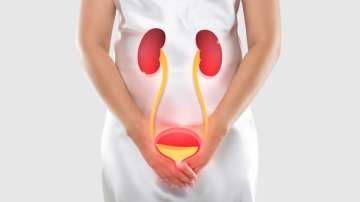Bladder is a vital organ in the body that plays a crucial role in storing and eliminating urine. However, many people don't think about their bladder health until they start experiencing issues such as urinary incontinence or urinary tract infections (UTIs). However, there are several simple things you can do to keep your bladder healthy and functioning properly.
Here are some tips for maintaining optimal bladder health.
Drink plenty of water - staying hydrated helps to flush out toxins and bacteria from the bladder, reducing your risk of developing UTIs.
Avoid holding in urine - when you feel the need to urinate, it's essential to go right away. Holding in urine can lead to bladder infections and even bladder damage over time.
Practise good hygiene - wiping front to back after using the bathroom can help prevent the spread of bacteria from the anus to the bladder, reducing your risk of UTIs.
Limit caffeine and alcohol - these substances can irritate the bladder and increase the frequency of urination, which can be problematic for those with overactive bladders.
Quit smoking - smoking has been linked to bladder cancer and can also cause chronic coughing, which puts pressure on the bladder.
Stay active - regular exercise can help to improve bladder function and reduce the risk of urinary incontinence.
Practise Kegels - Kegel exercises strengthen the pelvic floor muscles, which can help prevent urinary incontinence.
Maintain a healthy weight - excess weight can put pressure on the bladder and increase the risk of urinary incontinence.
Avoid constipation - straining during bowel movements can weaken the pelvic floor muscles and lead to bladder control problems.
Manage chronic conditions - conditions such as diabetes, multiple sclerosis, and Parkinson's disease can affect bladder function, so it's important to manage them properly.
Treat UTIs promptly - if you develop a UTI, it's essential to seek treatment right away to prevent the infection from spreading to the kidneys.
Don't ignore bladder problems - if you're experiencing urinary incontinence, frequent urination, or other bladder issues, talk to your doctor.
Enjoy optimal bladder health and avoid the discomfort and embarrassment of bladder problems with the adoption of these tips.

